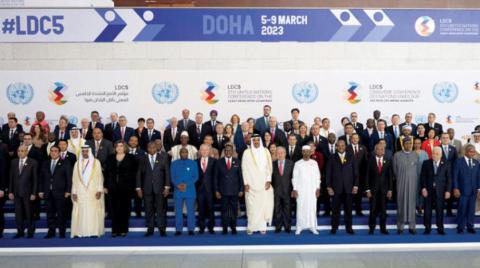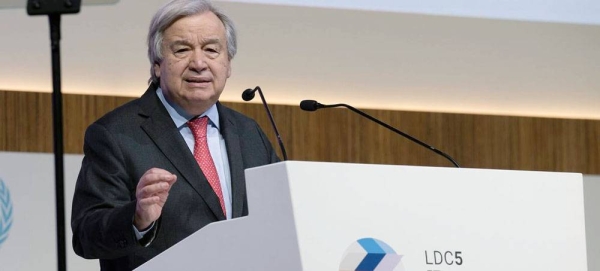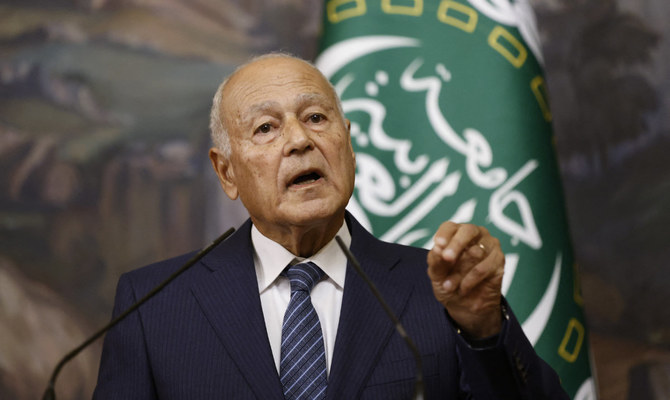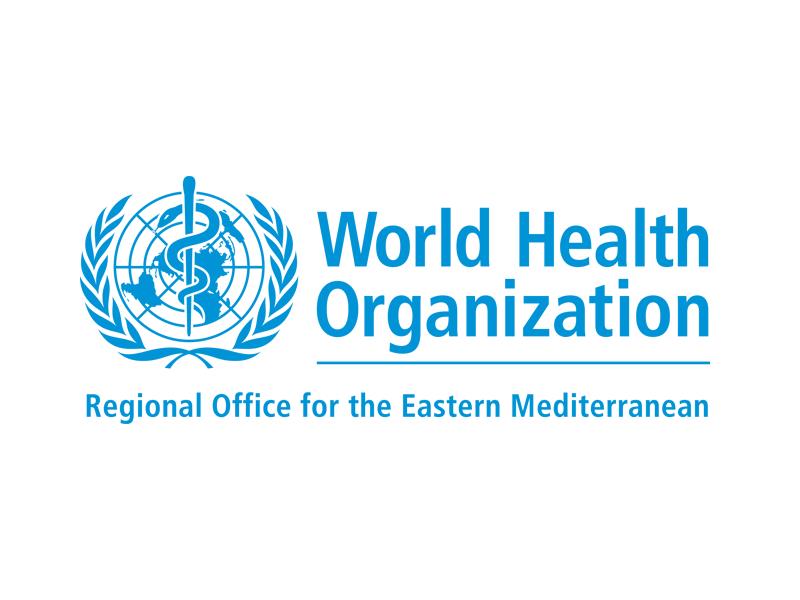
UN Secretary-General Antonio Guterres has stressed the need to reform the global financial system and urged international financial institutions to devise ways to provide financing. He also urged developed countries to provide support to vulnerable nations to raise their ability to confront and adapt to climate change and allow a smooth transition to renewable energy.
To provide the necessary support, Guterres urged developed countries to fulfil their $100 billion promise to developing countries.
Speaking at the Fifth UN Conference on the Least Developed Countries, known as LDC5, taking place in the Qatar capital from 5 to 9 March, Guterres announced that he will host a Climate Ambition Summit at UN Headquarters in September to move from words to action and “to deliver climate justice to those on the frontlines of the crisis”.
The anticipated summit will offer an opportunity for international solidarity in confronting climate change and provide financial and technical support to ensure the transition of emerging economies to renewable energy sources.
Guterres stressed that LDCs are stuck in a wave of crises, uncertainty, climate chaos and historical global injustice, and are unable to catch up with the rapid technological changes.
Systems employed in LDCs are stretched or non-existent – from health and education to social protection, infrastructure, and job creation, noted the UN chief.
He said that the global financial system, created by wealthy countries to serve their own interests, is extremely unfair to LDCs, who must pay interest rates that can be eight times higher than those in developed countries.
“Today, 25 developing economies are spending over 20% of government revenues solely on servicing debt,” said Guterres.
In the face of such deep challenges, the UN chief stated that the LDCs “need a revolution of support” across three key areas.
The three areas mentioned by Guterres include immediate aid to achieve Sustainable Development Goals (SDGs), provide an incentive package for the SDGs, and provide at least $500 billion annually to developing countries.
For his part, Sheikh Tamim bin Hamad Al Thani, Emir of Qatar, affirmed that there is a shared global responsibility in facing the challenges of food security, climate change, the energy crisis, and the debt crisis.
The Gulf State leader reiterated the need for international solidarity in combating crises worldwide.
“There is a moral obligation incumbent upon the rich and developed countries to contribute more to assist the least developed countries to overcome the global challenges we are now dealing with,” the Emir noted.UN Secretary-General Antonio Guterres has stressed the need to reform the global financial system and urged international financial institutions to devise ways to provide financing. He also urged developed countries to provide support to vulnerable nations to raise their ability to confront and adapt to climate change and allow a smooth transition to renewable energy.
To provide the necessary support, Guterres urged developed countries to fulfil their $100 billion promise to developing countries.
Speaking at the Fifth UN Conference on the Least Developed Countries, known as LDC5, taking place in the Qatar capital from 5 to 9 March, Guterres announced that he will host a Climate Ambition Summit at UN Headquarters in September to move from words to action and “to deliver climate justice to those on the frontlines of the crisis”.
The anticipated summit will offer an opportunity for international solidarity in confronting climate change and provide financial and technical support to ensure the transition of emerging economies to renewable energy sources.
Guterres stressed that LDCs are stuck in a wave of crises, uncertainty, climate chaos and historical global injustice, and are unable to catch up with the rapid technological changes.
Systems employed in LDCs are stretched or non-existent – from health and education to social protection, infrastructure, and job creation, noted the UN chief.
He said that the global financial system, created by wealthy countries to serve their own interests, is extremely unfair to LDCs, who must pay interest rates that can be eight times higher than those in developed countries.
“Today, 25 developing economies are spending over 20% of government revenues solely on servicing debt,” said Guterres.
In the face of such deep challenges, the UN chief stated that the LDCs “need a revolution of support” across three key areas.
The three areas mentioned by Guterres include immediate aid to achieve Sustainable Development Goals (SDGs), provide an incentive package for the SDGs, and provide at least $500 billion annually to developing countries.
For his part, Sheikh Tamim bin Hamad Al Thani, Emir of Qatar, affirmed that there is a shared global responsibility in facing the challenges of food security, climate change, the energy crisis, and the debt crisis.
The Gulf State leader reiterated the need for international solidarity in combating crises worldwide.
“There is a moral obligation incumbent upon the rich and developed countries to contribute more to assist the least developed countries to overcome the global challenges we are now dealing with,” the Emir noted.










